25 Famous Scientists Your Students Should Know

Many fascinating people throughout history made discoveries that changed the world. Studying pioneers of science introduces your students to scientists from different backgrounds and time periods. It also opens their eyes to all the possibilities that science has to offer. Have you ever wanted to teach your students more about who discovered the Titanic shipwreck or who invented the technology we use for X-rays? Check out our list of 25 famous scientists, which spotlights heroes both historical and modern-day.
1. Rosalind Franklin (1920–1958)
Source: CSHL, CC BY-SA 4.0, via Wikipedia Commons
Known for: Franklin made notable discoveries such as the double helix structure of DNA. While Watson and Crick were known for this discovery, Franklin’s work came first and was overshadowed.
Learn more: Rosalind Franklin: A Crucial Contribution (Scitable)
Try this: Put together your own double helixes to honor Rosalind’s discovery.
2. Charles Darwin (1809–1882)
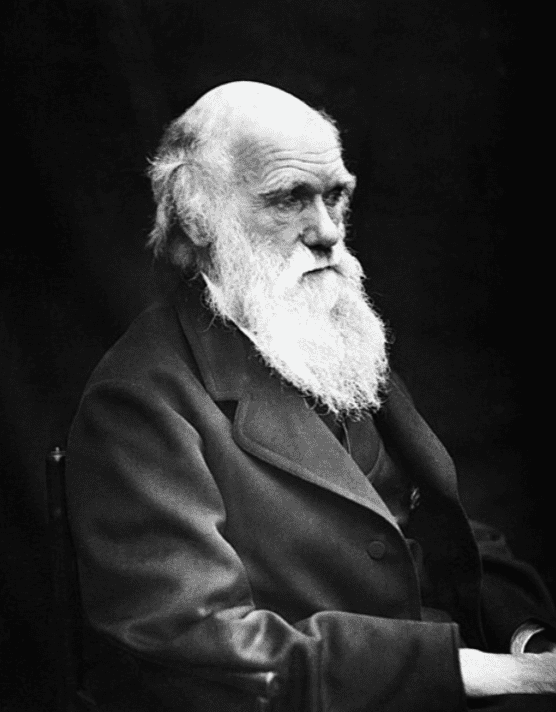
Source: Julia Margaret Cameron, Public domain, via Wikimedia Commons
Known for: Darwin is credited with discovering the theory of natural selection. He also uncovered more facts about evolution and how old our planet Earth really is.
Learn more: Charles Darwin (National Geographic)
Try this: Put together your own experiment to learn more about natural selection and Darwin’s theories.
3. Galileo Galilei (1564–1642)
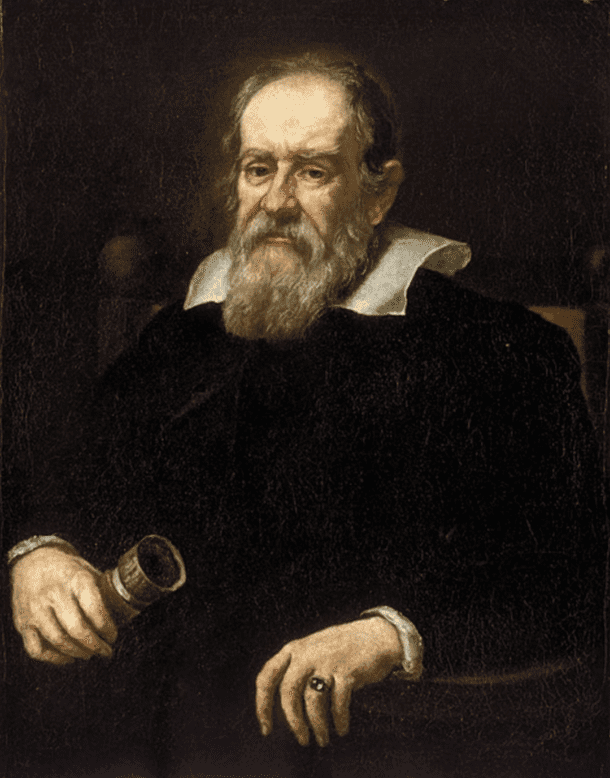
Source: Justus Sustermans, Public domain, via Wikimedia Commons
Known for: Known as the founder of modern physics and one of the most famous scientists ever, Galileo discovered many theories and laws in his lifetime, including the law of inertia. He also improved upon the telescope and discovered several astronomical observations.
Learn more: Galileo and Astronomy (Royal Museums Greenwich)
Try this: Conduct a bottle drop experiment to test the laws of gravity.
4. Marie Tharp (1920–2006)
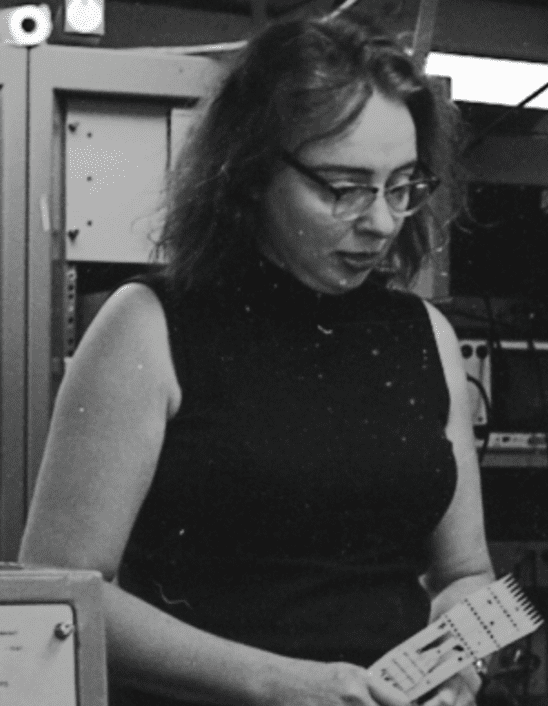
Source: Credit Line: AIP Emilio Segrè Visual Archives, Gift of Bill Woodward, USNS Kane Collection, CC0, via Wikimedia Commons
Known for: Tharp was an oceanographic cartographer who created one of the first maps of the ocean floor. At that time, women were not even allowed on boats. Tharp persevered and made important discoveries about the topography of the ocean floor.
Learn more: Marie Tharp (The Mariners’ Museum and Park)
Try this: Map out your own ocean floor using shaving cream and food coloring.
5. John Muir (1838–1914)
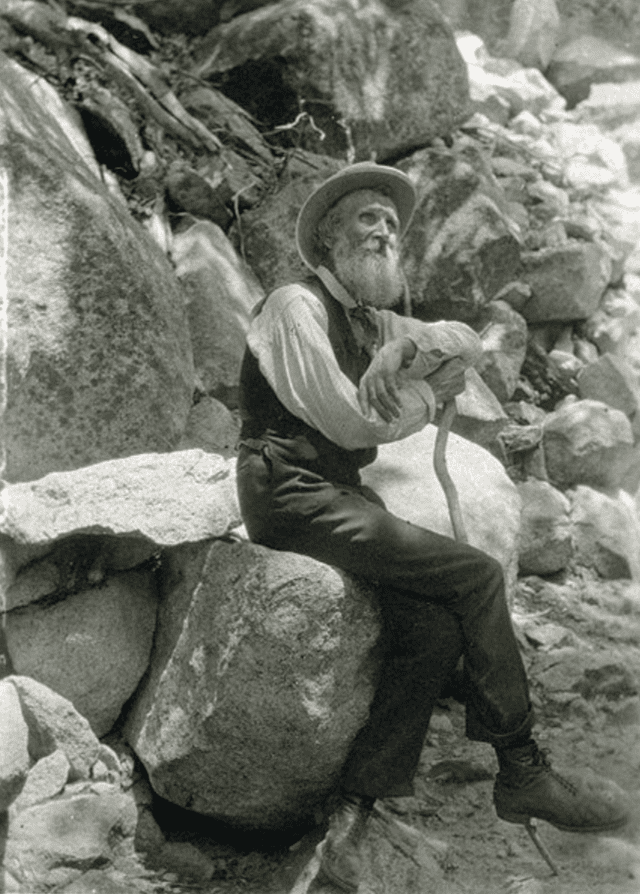
Source: Francis M. Fritz, Public domain, via Wikimedia Commons
Known for: An advocate for the preservation of wilderness in the United States, Muir created the National Park System and the Sierra Club. President Theodore Roosevelt and Muir worked together to implement wilderness conservation programs.
Learn more: John Muir: A Brief Biography (Sierra Club)
Try this: Complete a scavenger hunt on a nature walk.
6. Neil deGrasse Tyson (1958–Present)

Source: Genevieve, CC BY 2.0, via Wikimedia Commons
Known for: One of the most famous modern-day scientists for making discoveries in cosmology, stellar formation, and astronomy, Tyson is a fascinating scientist and author of several books that popularized science for the general public.
Learn more: Neil deGrasse Tyson (American Museum of Natural History)
Try this: Read Tyson’s book about astrophysics for students.
7. Jane Goodall (1934–Present)
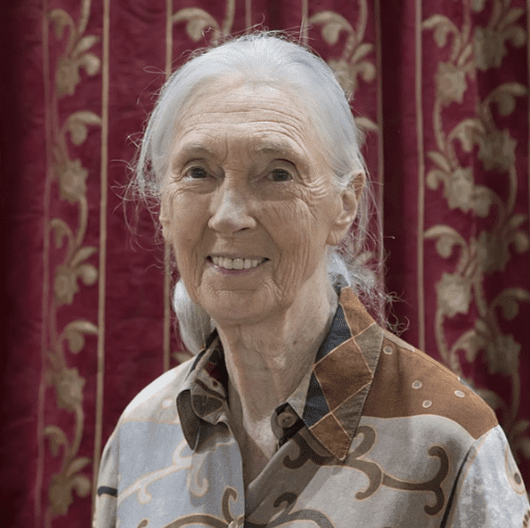
Source: Muhammad Mahdi Karim, GFDL 1.2 or FAL, via Wikimedia Commons
Known for: Goodall changed the way we view and interact with chimpanzees. She was the first person to observe chimps making and using tools, which was previously thought to be something only humans could do.
Learn more: Jane Goodall (National Geographic)
Try this: Learn about Goodall’s work by putting together handmade books.
8. George Washington Carver (1864–1943)
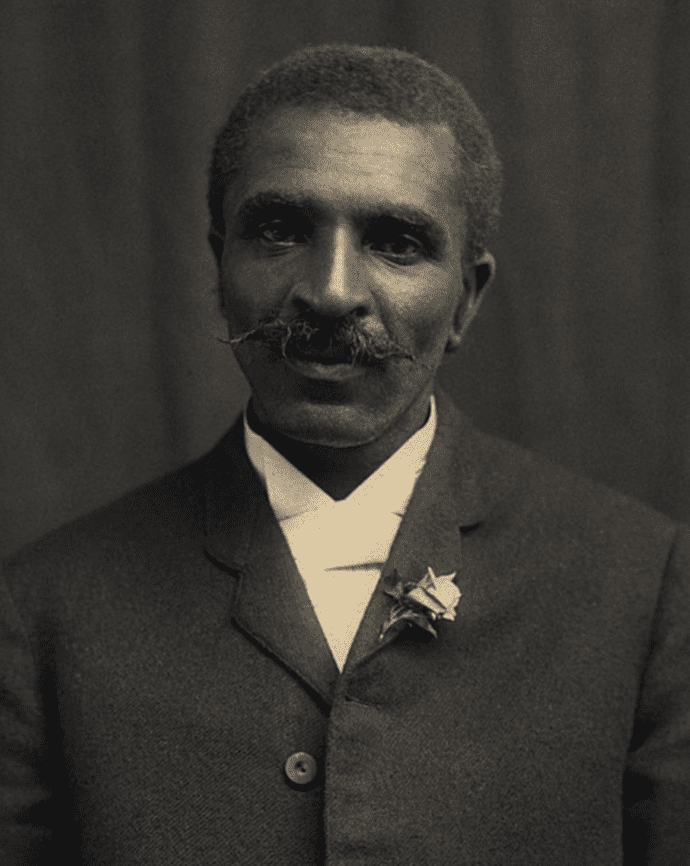
Source: not listed; restored by Adam Cuerden, Public domain, via Wikimedia Commons
Known for: Known for his agricultural experiments, Carver developed more than 300 uses for peanuts and other foods such as soybeans and sweet potatoes. His experiments changed the world and left us with many of the products we still use today.
Learn more: More than “The Peanut Man” (USDA)
Try this: Craft a peanut person highlighting all of Carver’s accomplishments.
9. Marie Curie (1867–1934)
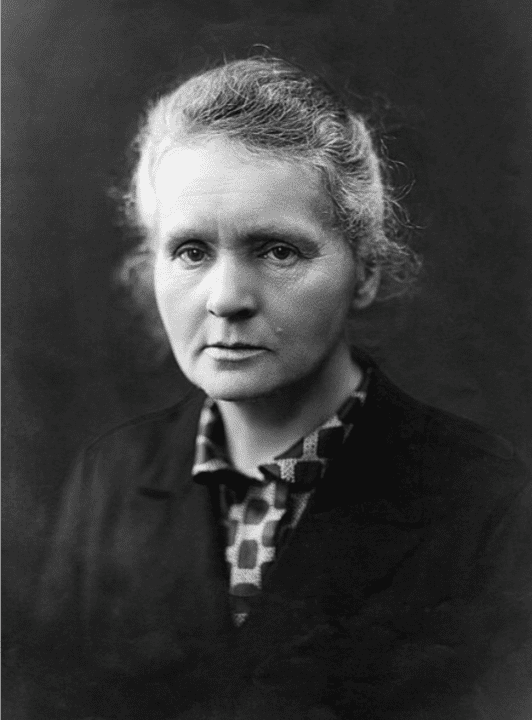
Source: Henri Manuel, Public domain, via Wikimedia Commons
Known for: Curie was the first woman to receive the Nobel Prize for her work with radioactivity and radium. She pioneered the discovery and use of X-rays.
Learn more: Madame Curie’s Passion (Smithsonian Mag)
Try this: Make X-ray play dough.
10. Albert Einstein (1879–1955)
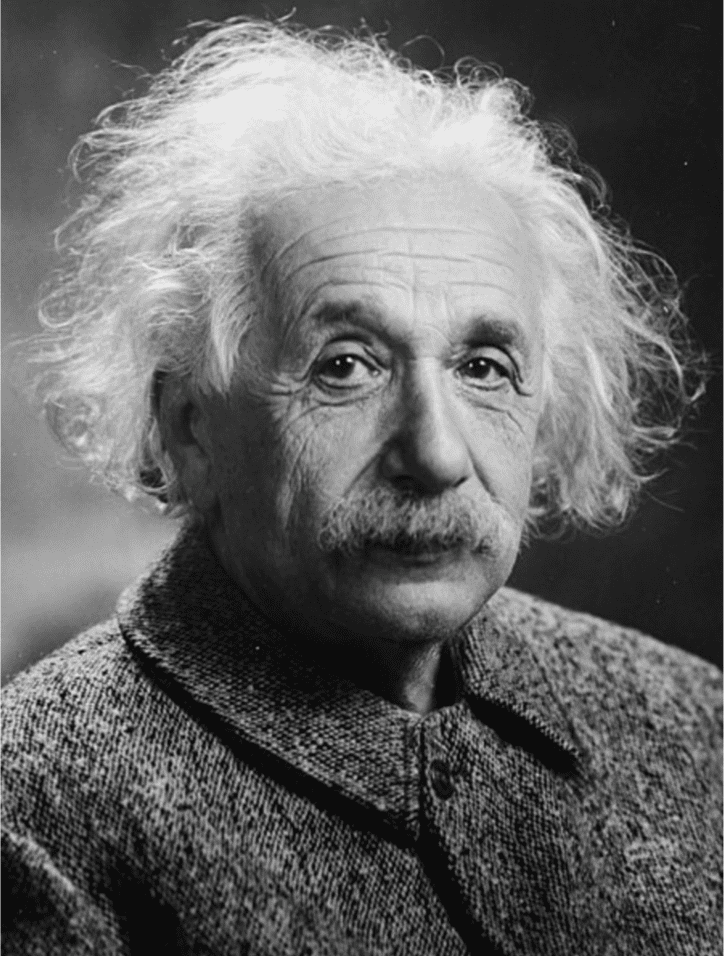
Source: Photograph by Orren Jack Turner, Princeton, N.J. Modified with Photoshop by PM_Poon and later by Dantadd., Public domain, via Wikimedia Commons
Known for: One of the most famous scientists, Einstein is credited with creating the theory of relativity and for developing the world’s most famous mathematical equation. He also developed a law called the photoelectric effect, for which he received a Nobel Prize in physics.
Learn more: Albert Einstein (History.com)
Try this: See how light bends with this fun experiment using a cup and water.
11. Alexander Fleming (1881–1955)
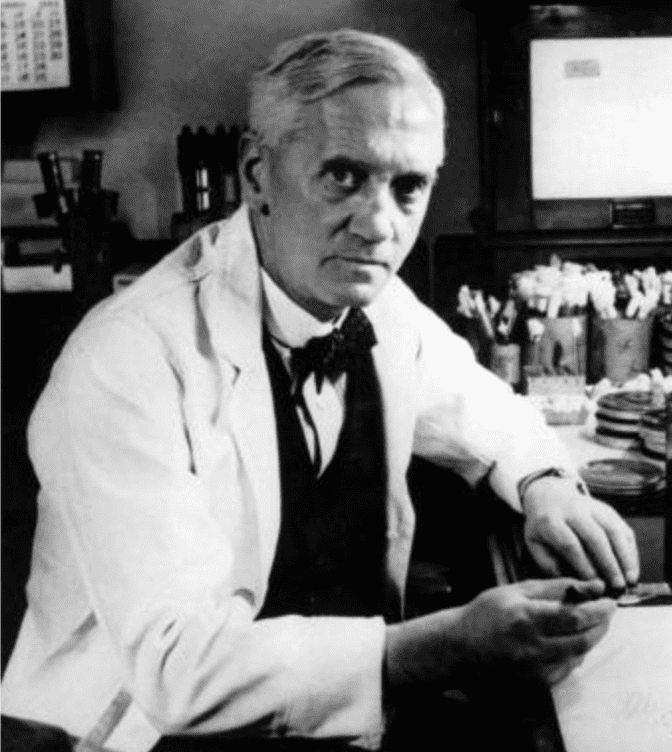
Source: Calibuon at English Wikibooks, cropped by User:AlanM1, CC0, via Wikimedia Commons
Known for: Fleming was a pharmacologist who helped create penicillin, a revolutionary breakthrough in the world of medicine. His discoveries were the catalyst for modern antibiotics.
Learn more: Alexander Fleming (PBS)
Try this: Conduct an experiment to see how penicillin can grow using a lemon.
12. Otto Hahn (1879–1968)
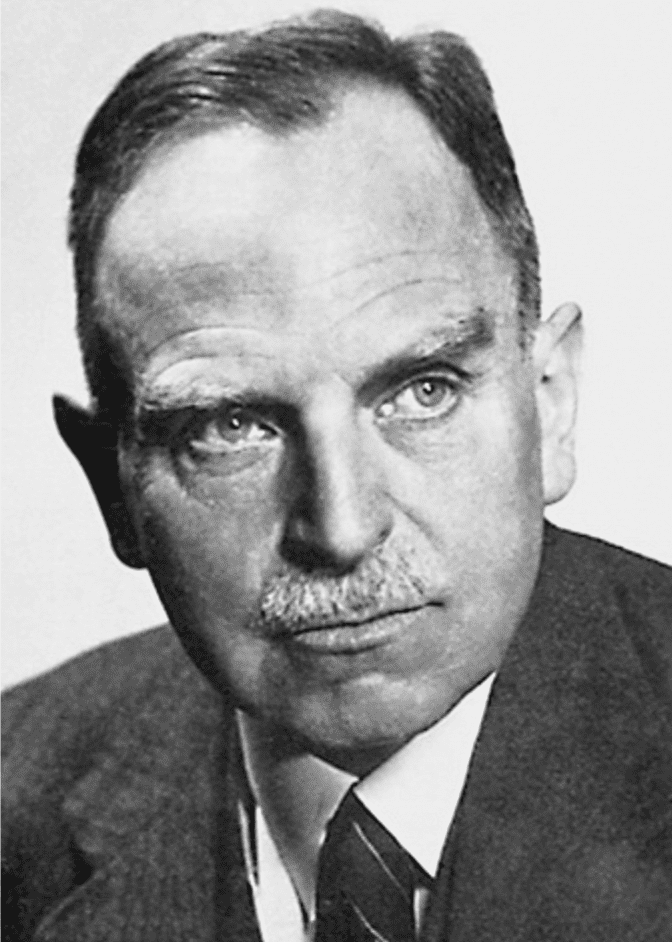
Source: Nobel Foundation, Public domain, via Wikimedia Commons
Known for: Hahn, a peace activist during World War II, helped discover nuclear fission and pioneered the fields of radioactivity and radiochemistry.
Learn more: Otto Hahn (Atomic Archive)
Try this: Check out this lesson on nuclear energy and fission to better understand Hahn’s achievements.
13. Rachel Carson (1907–1964)
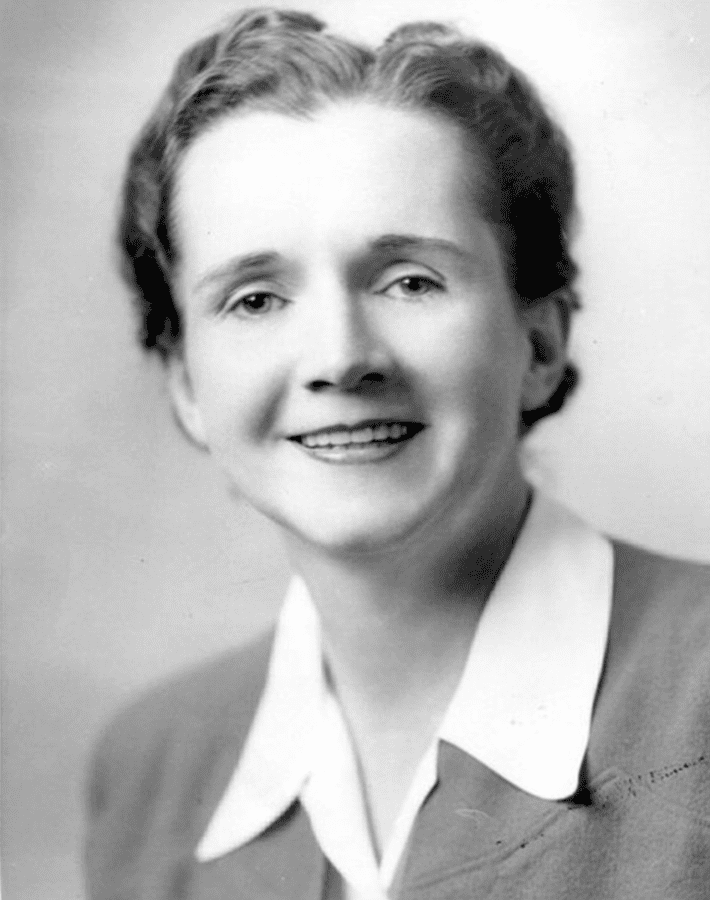
Source: U.S. Fish and Wildlife Service, Public domain, via Wikimedia Commons
Known for: Carson wrote a book called Silent Spring, which changed the public’s view on pesticides and how they are contributing to pollution. After reading the book, President John F. Kennedy changed the laws pertaining to which chemicals can be put into products sold to the public.
Learn more: About Rachel Carson (Rachel Carson Council)
Try this: Identify whether plants are affected by pesticides or not using bean seeds.
14. Sylvia Earle (1935–Present)
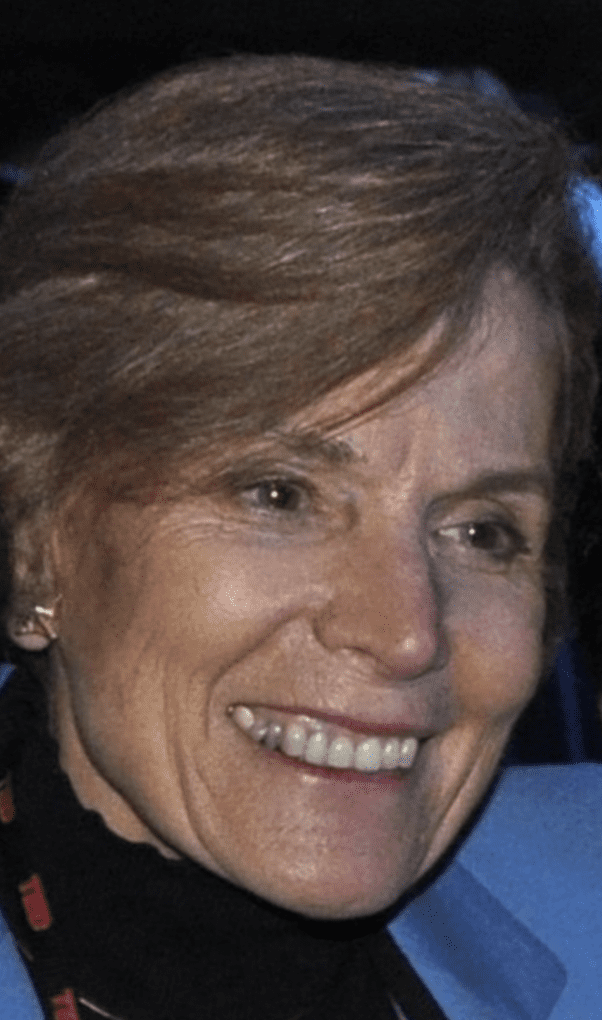
Known for: If your students are interested in the ocean, Sylvia Earle’s work will definitely resonate with them. Her work as a marine biologist resulted in achieving the record for the deepest walk on the ocean floor.
Learn more: Sylvia Earle (National Geographic)
Try this: Dive into some fun facts about Sylvia Earle with your students.
15. Temple Grandin (1947–Present)
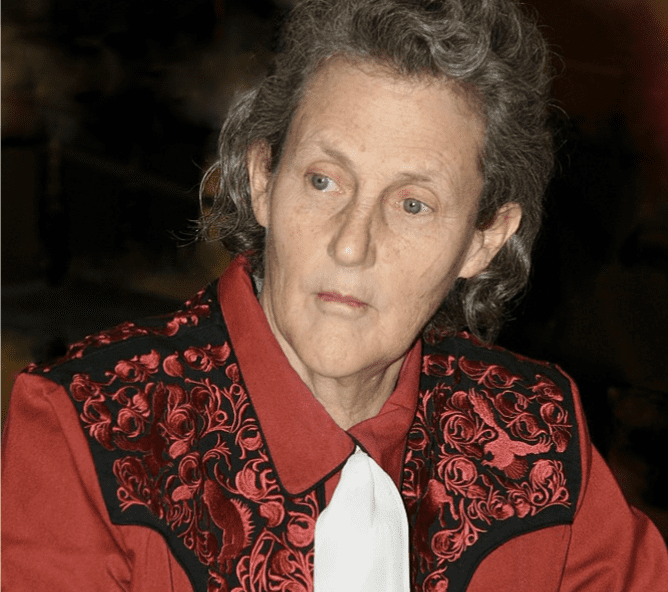
Source: Jonathunder, GFDL 1.2, via Wikimedia Commons
Known for: Temple Grandin’s progressive and humane ways of slaughtering animals changed the way companies treat their livestock. She is also an expert spokesperson on autism.
Learn more: Temple Grandin: Inside CSU’s One-of-a-Kind Mind (CSU)
16. Kizzmekia Corbett (1986–Present)

Source: Kizzmekia Corbett, CC BY-SA 4.0, via Wikimedia Commons
Known for: We can thank Kizzmekia’s amazing efforts for helping develop and create the Moderna vaccine for COVID-19. Not only is she making strides in vaccinations, she is also raising awareness about racial disparities in science.
Learn more: Kizzmekia S. Corbett (The Franklin Institute Awards)
Try this: These four fun experiments show different aspects of how COVID and other viruses spread.
17. Hayat Sindi (1967–Present)
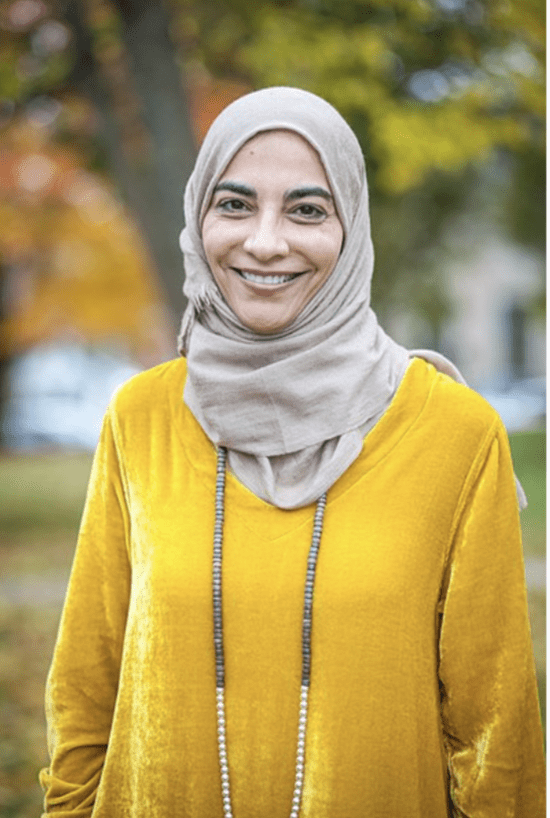
Source: PopTech from Camden, Maine and Brooklyn, NY, USA, CC BY-SA 2.0 , via Wikimedia Commons
Known for: Sindi works to make low-cost medical devices that help diagnose diseases, primarily used in developing countries. She has made fascinating strides as a Saudi Arabian woman in biotechnology.
Learn more: Explorer Profile: Hayat Sindi, Biotechnologist (National Geographic)
Try this: Check out this video on Sindi to learn more about her and her contributions to science.
18. Agnes Pockels (1862–1935)
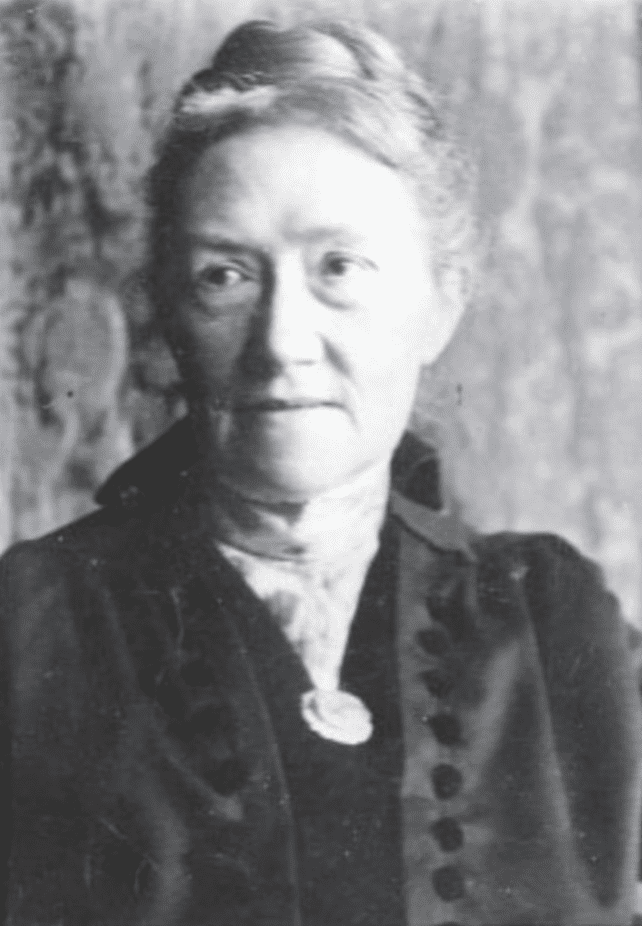
Source: See page for author, Public domain, via Wikimedia Commons
Known for: Agnes is one of the first people to research and discover the scientific idea of surface science, and more specifically surface tension. She received the Laura Leonard award for her contributions to science.
Learn more: Agnes Pockels (Scientific Women)
Try this: Discover the magic of surface tension with this experiment using black pepper and water.
19. Mae Jemison (1956–Present)
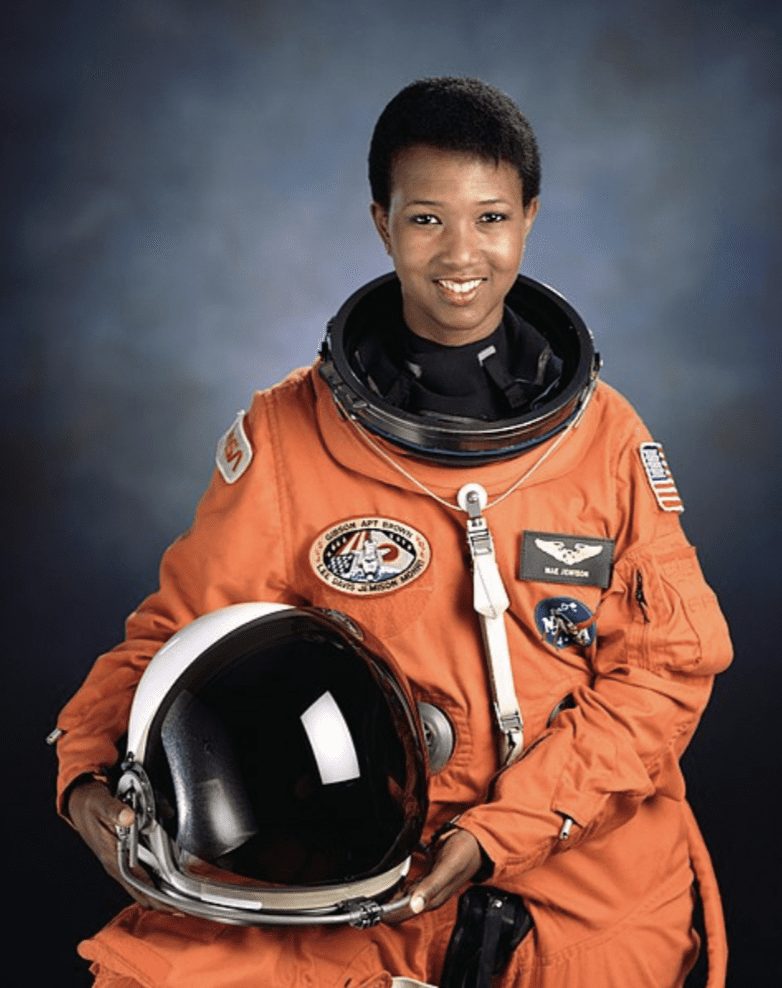
Source: NASA, Public domain, via Wikimedia Commons
Known for: Being the first African American woman to launch into space, Mae will be sure to inspire your students. She participated in the bone cell research experiment that took place on her expedition.
Learn more: Mae Jemison (National Women’s History Museum)
Try this: Explore this Space Place page from NASA for some fun space experiments and activities.
20. Marie M. Daly (1921–2003)
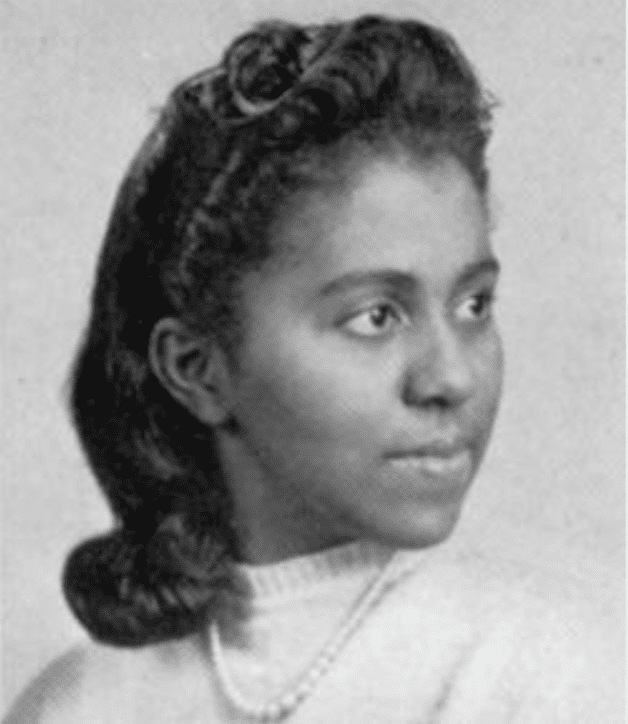
Source: Queens College Silhouette Yearbook, Public domain, via Wikimedia Commons
Known for: Another trailblazer, Marie Daly was the first African American woman to receive a doctorate in chemistry in the United States. Her work consisted of researching how the foods we eat affect our health, and more specifically how high cholesterol can cause clogged arteries.
Learn more: Unsung Heroes of Science: Marie Maynard Daly (Your Genome)
Try this: Build a model of a heart to find out more about how it pumps blood.
21. Edwin Hubble (1889–1953)
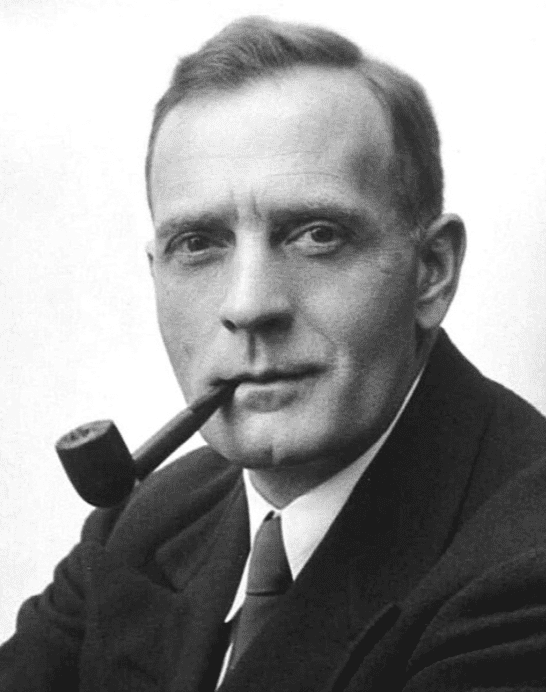
Source: Johan Hagemeyer (1884-1962), Public domain, via Wikimedia Commons
Known for: Hubble discovered several galaxies beyond the Milky Way, opening up a whole new world of possibilities within astronomy. The Hubble Space Telescope was named after Hubble and his contributions.
Learn more: Edwin Hubble (NASA)
Try this: Make your own telescope using a variety of craft supplies.
22. Luis Alvarez (1911–1988)
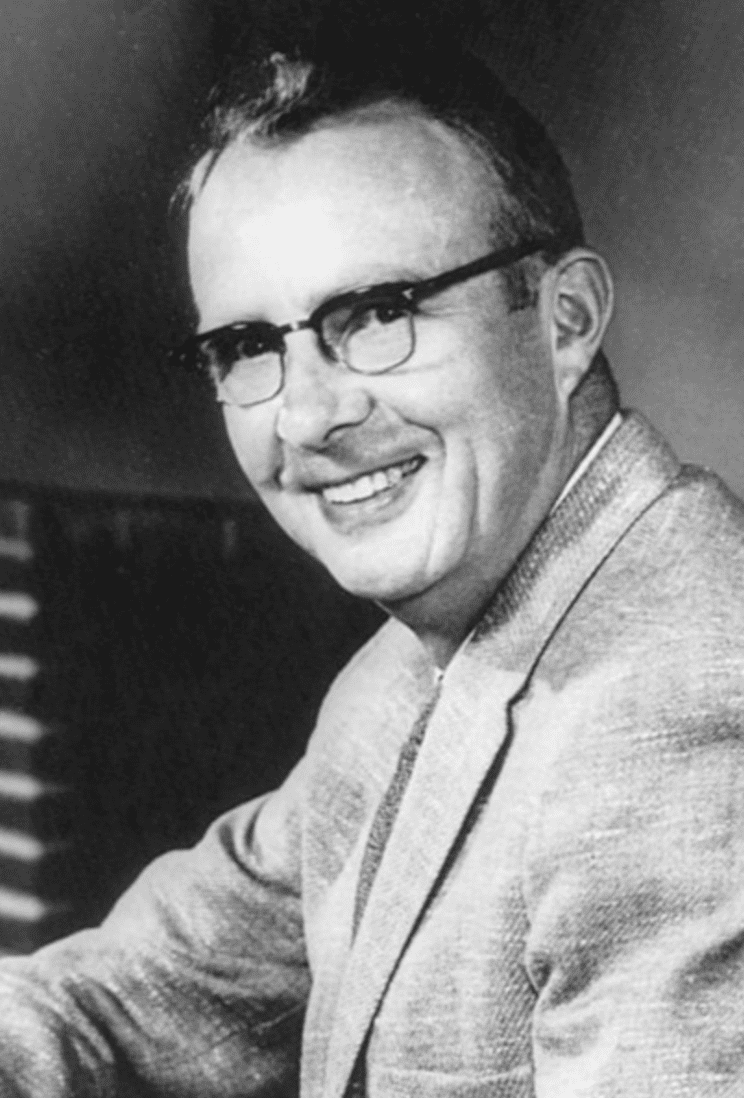
Source: See page for author, Public domain, via Wikimedia Commons
Known for: Alvarez’s geological discoveries uncovered the idea that the dinosaurs went extinct due to an asteroid. This theory gained popularity after a controversial beginning and is globally recognized today, as are Alvarez’s accomplishments as one of the great famous scientists.
Learn more: Luis Walter Alvarez: Uncovering Secrets of the Atom and Life on Earth (Vision Learning)
Try this: Learn all about fossils with this DIY fossil activity.
23. Robert Ballard (1942–Present)
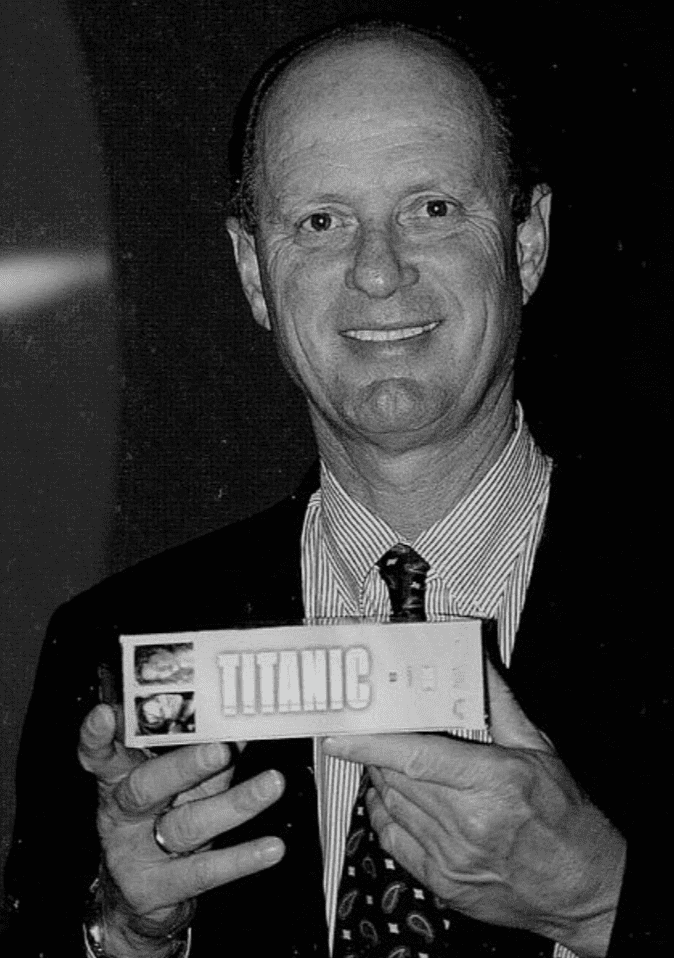
Source: Kingkongphoto & www.celebrity-photos.com from Laurel Maryland, USA, CC BY-SA 2.0, via Wikimedia Commons
Known for: For those students who love history, specifically about the Titanic, Robert Ballard will definitely spark their interest. After many unsuccessful attempts by other oceanographers, he discovered the Titanic shipwreck on a deep-sea expedition.
Learn more: Robert D. Ballard (Nautilus Live)
Try this: Learn all about the famous shipwreck with this interactive Titanic lesson.
24. Alfred Wegener (1880–1930)
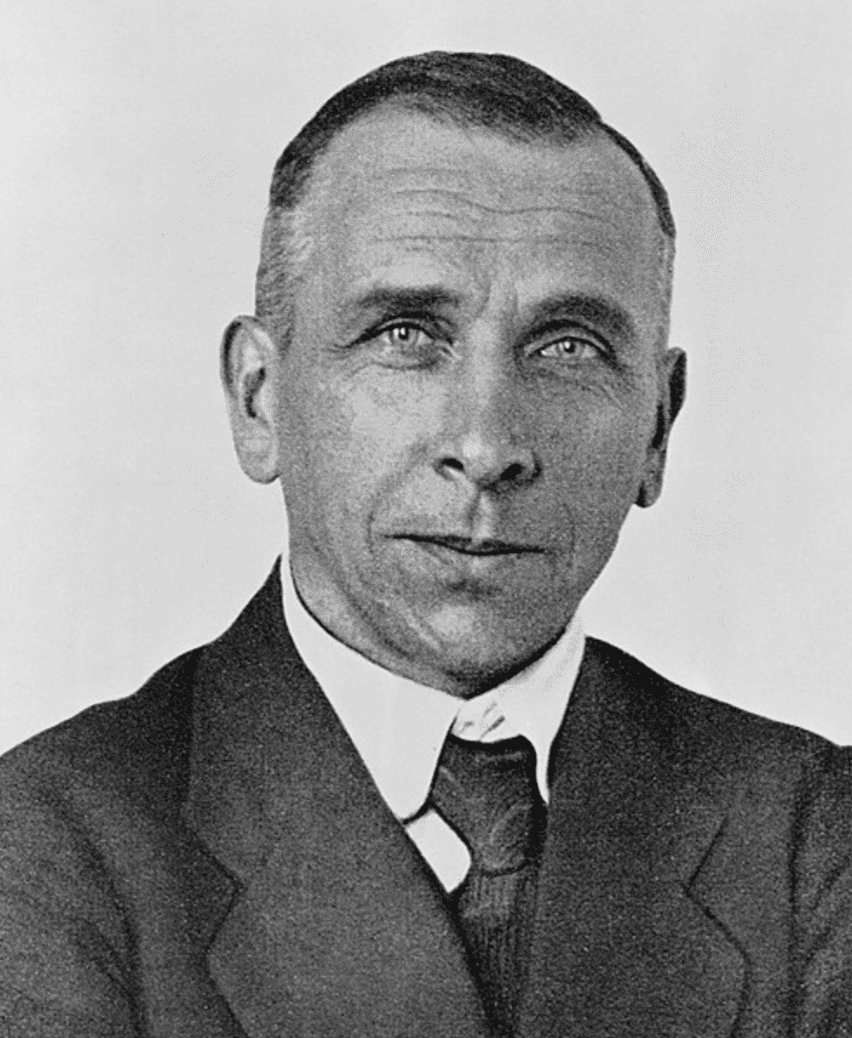
Source: Unknown, Public domain, via Wikimedia Commons
Known for: Before the continents split, there was a supercontinent called Pangea. Alfred’s research in geology proved that Pangea once existed, among other discoveries about continental drift, and made him one of the famous scientists of his time.
Learn more: Biography of Alfred Wegener (Environment and Society)
Try this: Create a model of Pangea to learn about continental drift.
25. Inge Lehmann (1888–1993)
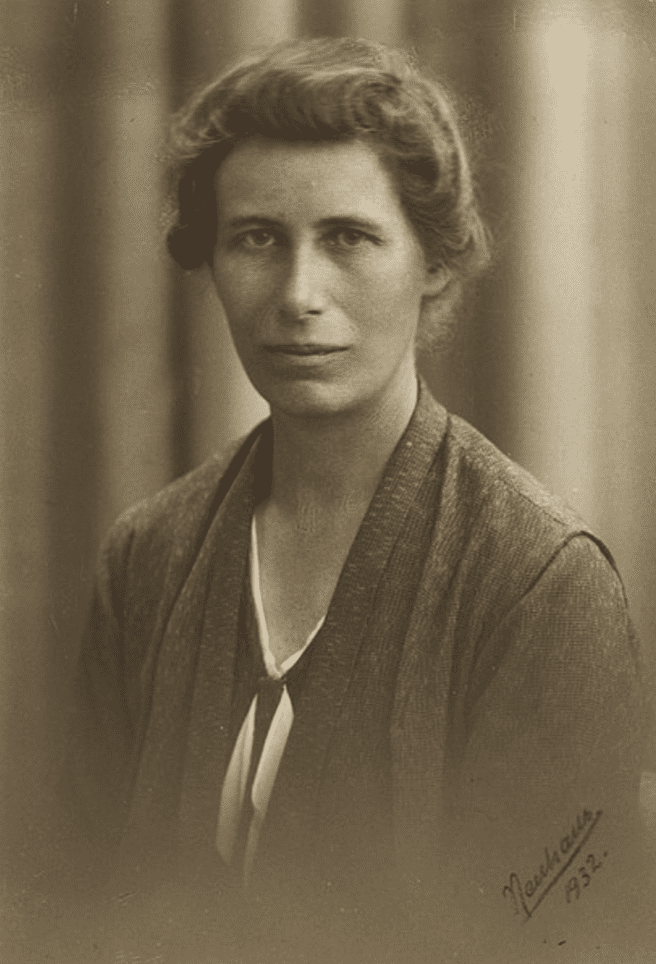
Source: Even Neuhaus (6.2.1863-20.4.1946), Public domain, via Wikimedia Commons
Known for: Lehmann discovered the Earth’s inner core. She used seismic wave data to make this significant geological discovery.
Learn more: Inge Lehmann (Linda Hall Library)
Who are your favorite famous scientists? Share in the comments below.
Also, check out 30 Famous Inventors Your Students Should Know as well as these 40 Nobel Prize Winners Kids Should Know.
Plus, get all the latest teaching tips and ideas when you sign up for our free newsletters!




